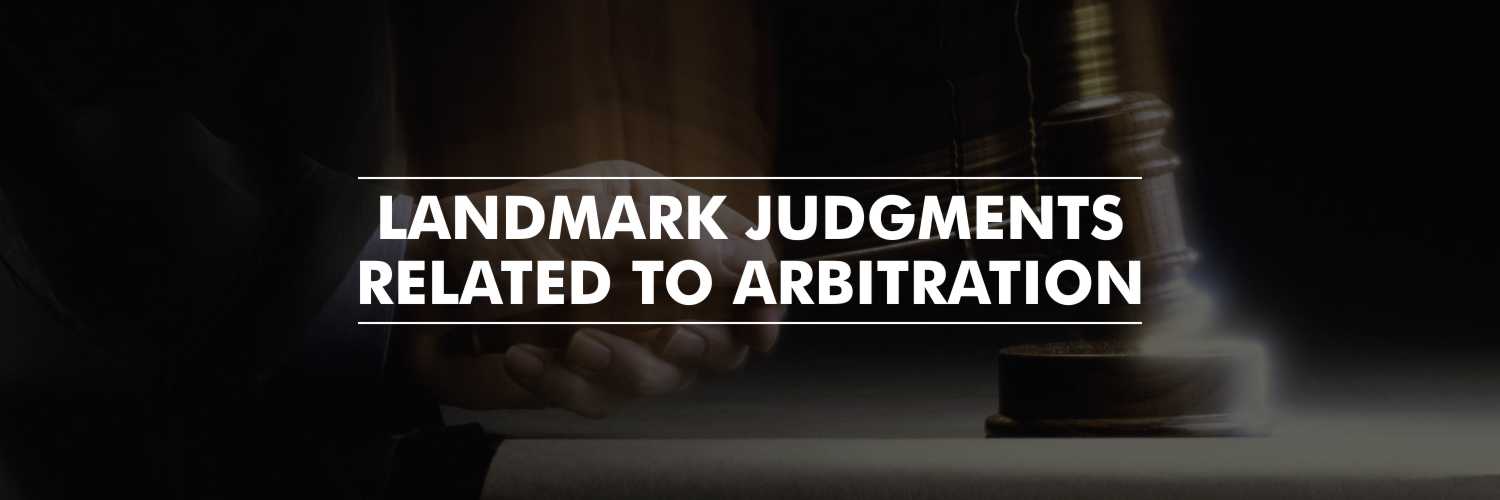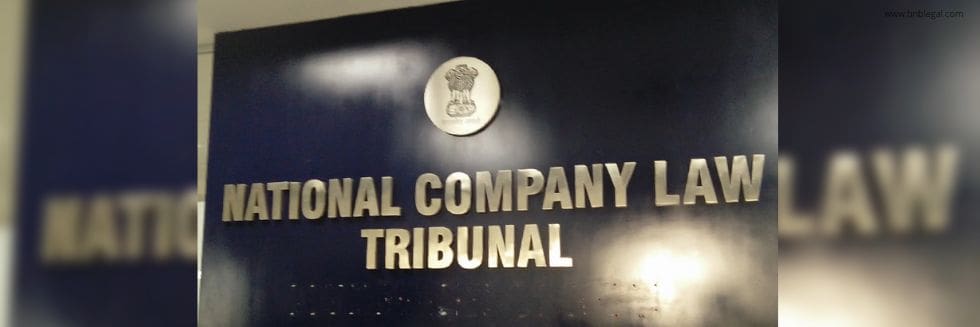Arbitration is a process of dispute resolution between the parties. It is an alternative to litigation. It is governed by “The Arbitration and Conciliation Act, 1996”. The process of arbitration can commence only if there exists a valid Arbitration Agreement between the parties prior to the emergence of the dispute. Such an agreement must be in writing. The contract, concerning which the dispute arises, must either contain an arbitration clause or must refer to a separate document signed by the parties containing the arbitration agreement.
Arbitration
The existence of an arbitration agreement can also be inferred by written correspondence such as letters, telex, or telegrams which provide a record of such agreement. An exchange of statement of claims and defenses in which the existence of an arbitration agreement is alleged by one party and not denied by other is also considered as a valid written arbitration agreement.
Any party to the dispute can start the process of appointing an arbitrator and if the other party does not cooperate with such an appointment process, the party can approach the office of Chief Justice for the appointment of an arbitrator. Arbitration tribunal can be constituted of a sole arbitrator or of a panel of arbitrators.
The grounds upon which a party can challenge the appointment of an arbitrator:
- reasonable doubt in the impartiality of the arbitrator
- lack of proper qualifications of the arbitrator.
There is very little scope for judicial intervention in the arbitration process. Only interim measures can be claimed in the court n a dispute pending before arbitration tribunal.
The arbitration tribunal can decide upon its own jurisdiction. Thus, if any party wants to challenge the jurisdiction of the arbitration tribunal, it can do so only before the tribunal itself. If the tribunal rejects the request, the parties can approach a court but only after the tribunal makes an award.
If the period for filing an appeal for setting aside an award of arbitration tribunal is over, or if such an appeal is rejected, the award is binding on the parties and is considered as a decree of the civil court.
CONCILIATION
Conciliation is the process of dispute resolution with the help of an independent person. It is also governed by “The arbitration and conciliation Act, 1996”. Conciliation is a rather less formal form of arbitration. This process does not mandate the existence of any prior agreement. Any party can request the other party to appoint a conciliator. There can be one or more conciliators. In the case of multiple conciliators, all of them must act jointly.
Procedure:
The party initiating conciliation should send a written invitation to the other party mentioning the subject matter of dispute. The other party has to make acceptance in writing. If the other party rejects the offer to conciliate, there can be no conciliation.
After the appointment of the conciliator, he will make a request to both parties asking them to submit summary written statements describing the nature of the dispute and specified points of issue. Each party is required to send a copy of the statement to the other party.
The conciliator has the discretion to call upon parties to submit further written statements to support the grounds of facts of their case. He may also ask for further details and other documents as he thinks are required for speedy conciliation. He may call upon the parties to communicate orally or in writing. He can request parties to meet also. The parties may even submit their suggestions for the settlement of the dispute.
The conciliator is not bound by the rules of procedure but by rules of natural justice. He must be guided by the principle of objectivity, fairness, and justice, the right and obligation of the parties, the usage of the trade and the circumstances surrounding the dispute and previous practice between the parties. The conciliator has to assist the parties in an independent and impartial manner.
He is even authorized to make a proposal for settlement of the dispute at any stage of the conciliation proceedings. When it appears to the conciliator that elements of settlement exist between the parties, he may draw up the terms of the settlement and send it to the parties for their acceptance. If both the parties sign the settlement document framed by the conciliator, it shall be final and binding on both.









